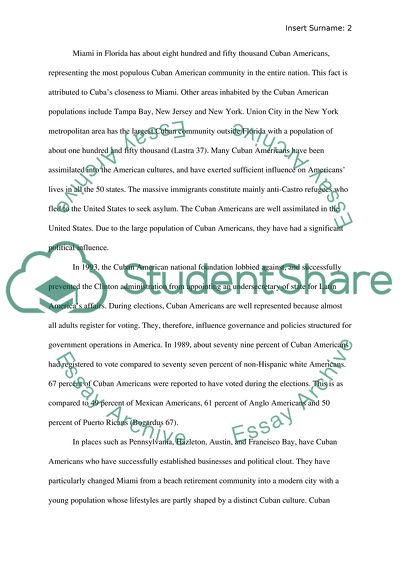Cite this document
(Social and Political Contribution of Cuban Americans Term Paper, n.d.)
Social and Political Contribution of Cuban Americans Term Paper. Retrieved from https://studentshare.org/social-science/1763322-latin-american-dispora-experience
Social and Political Contribution of Cuban Americans Term Paper. Retrieved from https://studentshare.org/social-science/1763322-latin-american-dispora-experience
(Social and Political Contribution of Cuban Americans Term Paper)
Social and Political Contribution of Cuban Americans Term Paper. https://studentshare.org/social-science/1763322-latin-american-dispora-experience.
Social and Political Contribution of Cuban Americans Term Paper. https://studentshare.org/social-science/1763322-latin-american-dispora-experience.
“Social and Political Contribution of Cuban Americans Term Paper”, n.d. https://studentshare.org/social-science/1763322-latin-american-dispora-experience.


